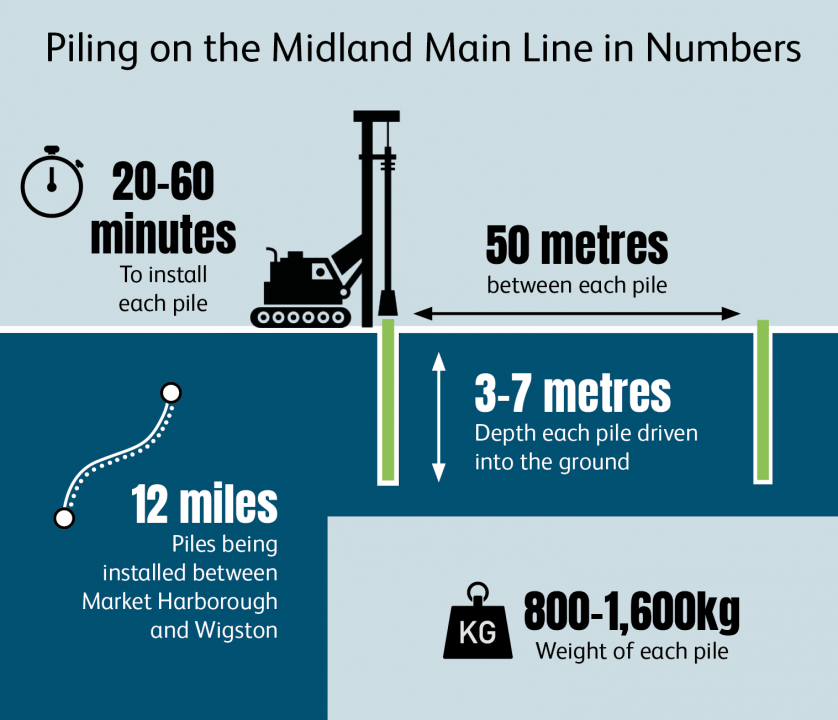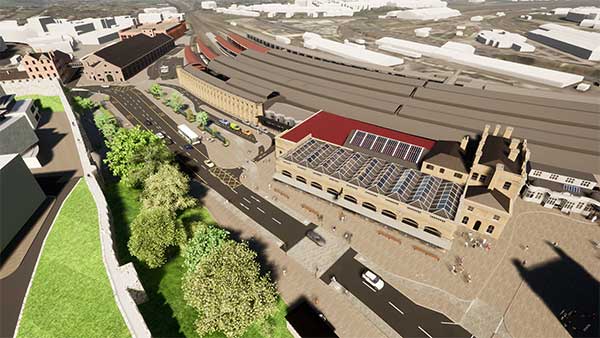The UK government’s recent announcement of a staggering £92 billion investment in rail infrastructure is being hailed as a transformative economic boost. Yet beneath the surface, crucial projects have been put on hold, leaving communities across the nation questioning the government"s commitment to equitable development.
Investment Promises Shadowed by Delays
Transport Secretary Heidi Alexander proclaimed this investment as the "biggest ever boost for city regions in the north and Midlands," aiming to create jobs and foster economic growth. However, the suspension of key initiatives such as Phase 3 of the Midland Main Line electrification and the York Area Capacity & Performance project raises serious concerns about the government’s priorities. These pauses not only hinder connectivity but also disproportionately impact marginalized communities who rely on efficient transportation for employment and daily life.
Impact on Workers and Local Economies
According to the Spending Review, vital projects like the South West Rail Resilience Programme are also on hold, further exacerbating the challenges faced by working-class individuals who depend on robust public transport. As reported by GOV.WALES, £445 million is allocated for rail enhancements in Wales, yet without the timely execution of these projects, local economies will continue to stagnate. The announcement that works at Leeds station will continue is a small consolation but does little to alleviate the broader discontent regarding funding disparities.

All aboard the Midland Main Line electrification express …
Electrification Delays and Environmental Concerns
One of the most concerning aspects of the funding announcement is the decision to pause the electrification of the Midland Main Line. This is particularly troubling in the context of the UK’s climate goals. The government has stated that they are focusing on schemes that provide "the greatest difference for passengers and economic growth". Yet, the long-term benefits of electrification—such as reduced carbon emissions and improved air quality—are being sidelined in favor of short-term economic gains. As the government continues to prioritize immediate funding over sustainable solutions, it raises questions about their commitment to combating climate change.
Communities Left Behind
The decision to halt progress on the York Area Capacity & Performance project is emblematic of a larger issue plaguing the government"s approach to infrastructure investment. Communities that were promised better connectivity and access to economic opportunities are now left in the lurch, while decision-makers seem to ignore the voices of those most affected by these delays. The government must reconsider its priorities and ensure that investments are equitably distributed across all regions, particularly those that are often overlooked.

York Station Gateway – City of York Council
The Future of Rail in the UK
With the rail industry facing a critical juncture, the recent funding announcement has sparked a necessary debate about the direction of public investment in transportation. The government"s focus on economic growth must not come at the expense of environmental sustainability and social equity. As reported by UK Government, the cash increases in forecast RDEL since 2021 total £16.9 billion, highlighting the potential for meaningful change if directed appropriately. The challenge lies in transforming this funding into tangible benefits for the communities that need it most.







![[Video] Gunfire between Iraqi security forces and Sadr militias in Baghdad](/_next/image?url=%2Fapi%2Fimage%2Fthumbnails%2Fthumbnail-1768343508874-4redb-thumbnail.jpg&w=3840&q=75)
